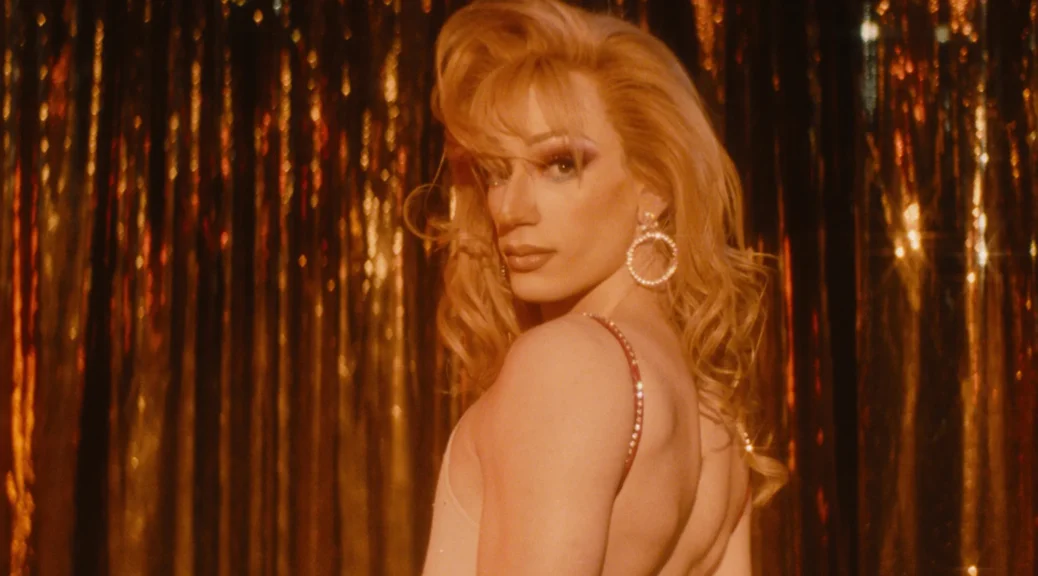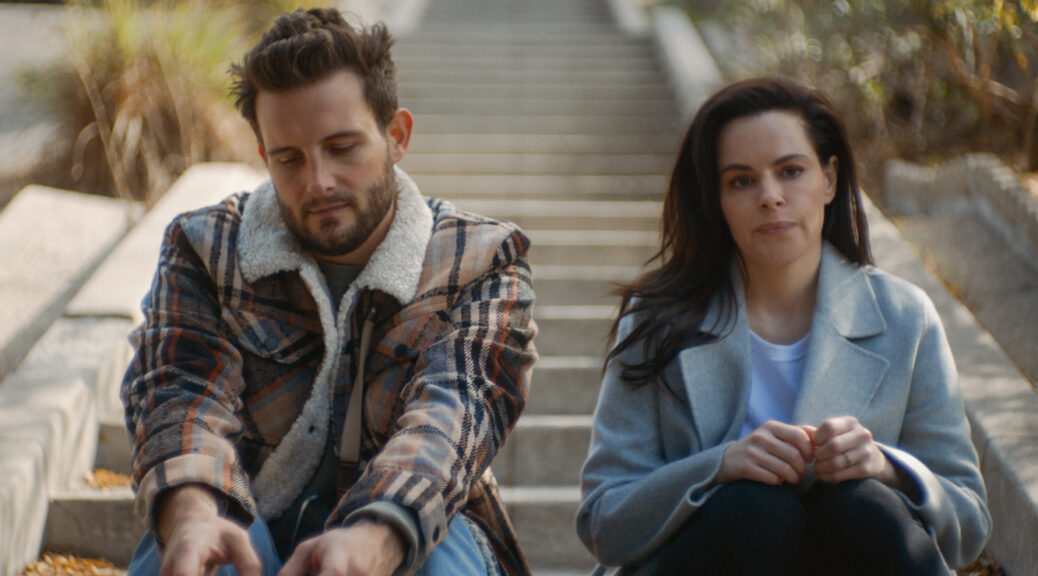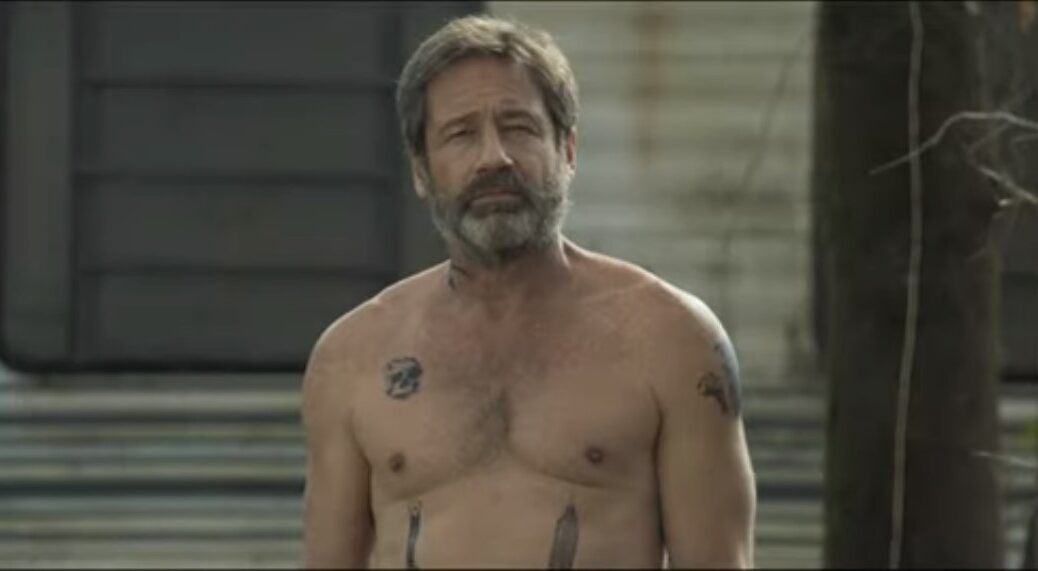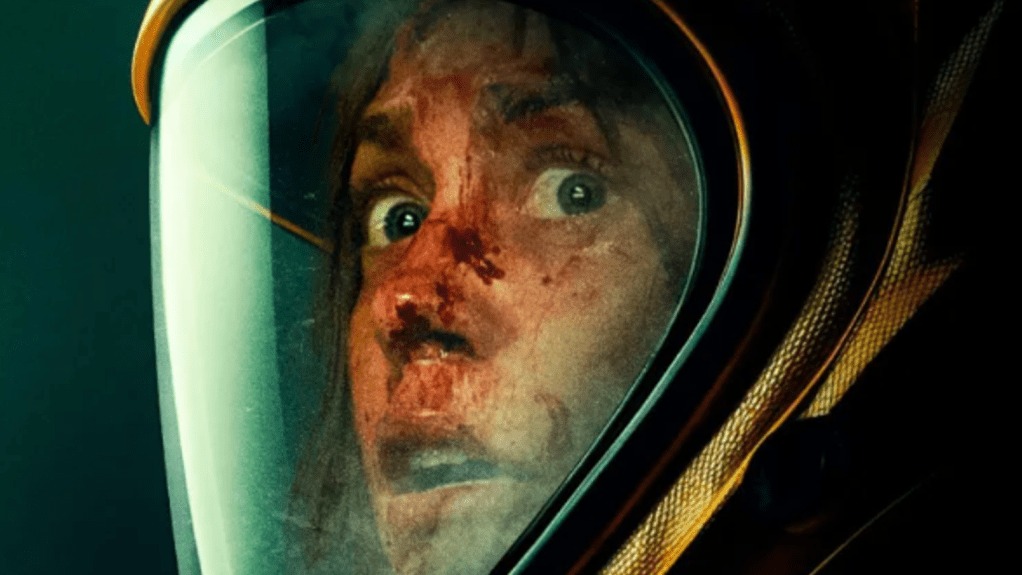Man of Reason
by Rachel Willis
Director and star Jung Woo-sung manages to craft his own take on the man with a criminal past trying to live on the straight and narrow in his film, Man of Reason.
Su-hyuk (Jung), newly released from prison after 10 years, finds much of his world has changed. What hasn’t changed is the expectation that he will resume a life of crime. However, an ultimatum from his ex-girlfriend (Lee Elijah) is all Su-hyuk needs to shun his former lifestyle.
But as we all know, walking away from a crime syndicate isn’t easy.
What follows is a predictable blend of attempted murder, fights, chases, and kidnap. Where Jung succeeds is the introduction of fun characters who enliven the action and the tension. Murderers-for-hire, Jin-ah (Park Yoo-na) and Woo-jin (Kim Nam-gil), are a hell of a lot of fun, despite their penchant for bombs and general mayhem. And despite their humorous inclusion, they still bring a measure of hostility to the film, especially Jin-ah, who is the colder and more calculating of the murderous duo.
As our silent, determined hero, Jung is fairly winning as Su-hyuk. In one of the best scenes, a car that was a gift from his former boss is used to great effect as a weapon against said boss. And while we often tread car commercial territory (frequent shots of the BMW emblem are front and center of several scenes), it doesn’t stop it from being a lot of fun to watch.
Of course, you know what will happen. Each beat unfolds in predictable measure. Whether or not you’re able to lose yourself in the movie and ignore the familiar territory depends on how much you like big action sequences. At this, Jung excels.
It helps that the actors are at their best, bringing the right level of humor, menace, and thrills. As you may also expect, a child at the center of the action raises the stakes, and little In-ba (Ryu Jian) is the perfect mix of adorable, sad, and precocious. Her dilemma is where most of the tension lies, and Ryu ably tugs at our heart strings.
While there isn’t anything new to find in Man of Reason, that doesn’t make it any less thrilling to watch.














